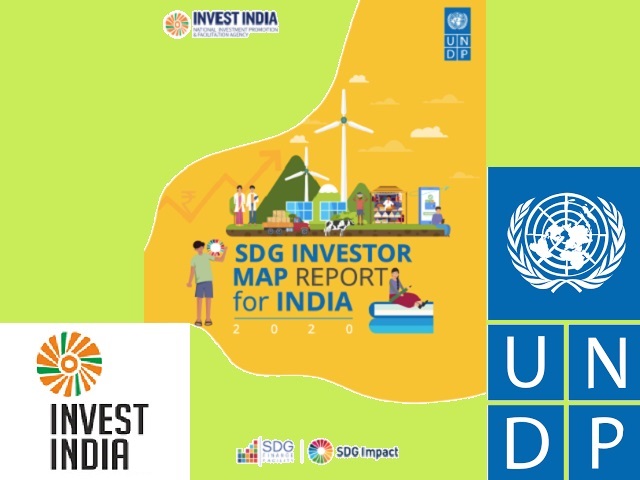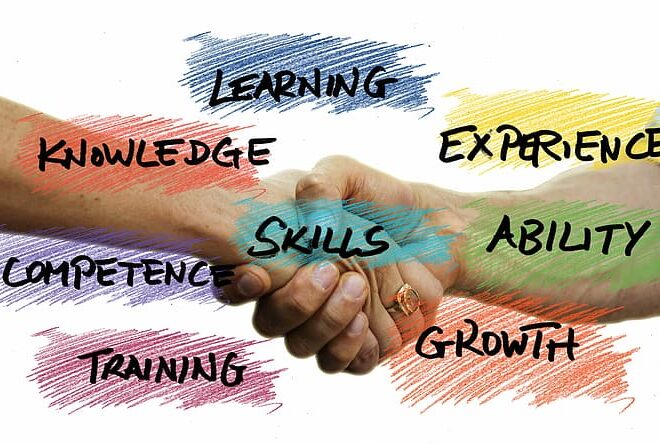The Indian IT industry’s endeavor to hire more female employees is welcome, but more needs to be done to increase women’s participation in the workforce for their empowerment and strengthening the national economy.
Business
Covid-19 is fuelling an interest globally in businesses guided by environmental, social and governance (ESG) considerations and making it an imperative for companies to generate evidences for investors.
While it is difficult to assess the impact of the recently announced UN Global Compact’s 2021 SDG Pioneers in achieving the SDGs, the initiatives can serve as examples for others to integrate the goals in their businesses.
Wipro, Maruti and TCS top the list of India’s Most Sustainable Companies in 2020, according to a recent survey.
UNDP and Invest India’s publication ‘SDG Investor Map for India’ lays out investment opportunities to help India accelerate progress on achieving sustainable development.
Skill building has emerged as a major CSR activity under Companies Act, 2013 for industry to offset the adverse impact on workforce caused by COVID-19
ICICI Bank and SBI think out-of-the-box and launch fellowship programmes to train aspiring youth leaders from India and abroad to gain knowledge and hone skills in the field and on the shopfloor to become change agents.
Solar electricity has finally joined the national power grid in India. What is more significant is that it has entered the grid at a cost far less than expected, reducing the need for heavy government subsidies to make the sector viable.
Yesterday’s top-end hotels led by example in providing the best of luxury experiences. Today, the guest preference for responsible luxury is prompting them to embed sustainability in their business operations in a big way.
Enlarging the scope of CSR, revised National Voluntary Guidelines on Social, Environmental & Economic Responsibilities of Business (2009) cover not only social, but also environmental and economic responsibilities of businesses and emphasise on promotion of inclusive growth.






